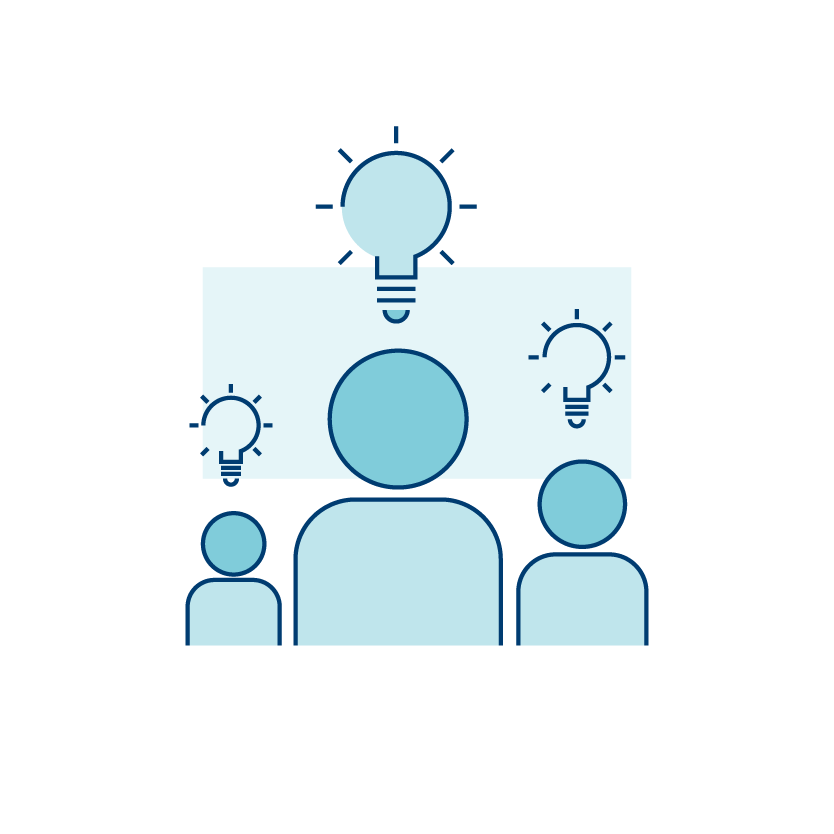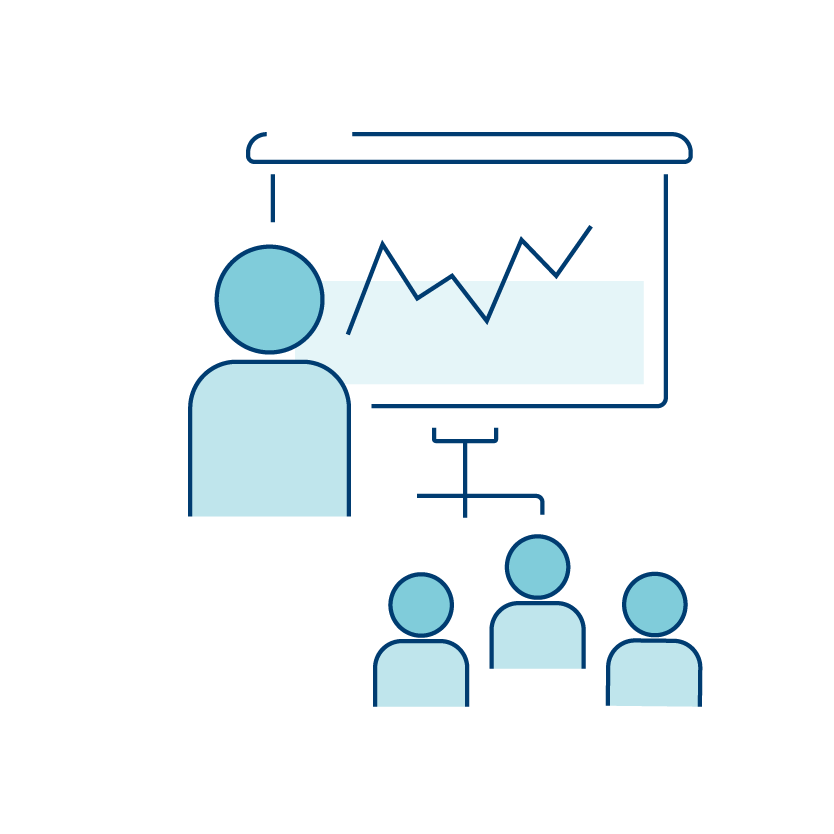
Digital learning comprises the technology and teaching practices that use technology to enhance learning.
Digital learning is the use of technology to enable pedagogical practices and strategies in the teaching and learning process for student success. Digital learning includes a broad range of curricular models, design strategies, content and communication tools, and student support services for students across all learning modalities including face-to-face, blended, and online learning environments. Evidence demonstrates learning with technology has the potential to improve course outcomes and digital solutions lower the cost of course materials, particularly for poverty-affected students, and Black, Latino, and Indigenous students.
Through digital learning, faculty can tailor instruction to students’ needs and capabilities, promote active and collaborative learning, more easily support learners with timely feedback, and improve academic outcomes.
Digital learning expands opportunities for face-to-face, blended and online learning based on the people, processes, and technologies supporting students.
Equitable digital learning
Equitable digital learning is the application of digital learning with an intentional focus on race, ethnicity, socio-economic status, ability, and gender and leverages these learner characteristics as pedagogical assets. Equitable digital learning transforms teaching and learning by providing the pedagogical resources necessary for Black, Latino, Indigenous, poverty-affected, and first-generation students to achieve equitable student outcomes.
Every Learner’s approach to generative AI
The Every Learner Everywhere Network advocates for a balanced approach to generative AI in higher education, recognizing its potential to enhance efficiency, creativity, and accessibility while maintaining academic integrity. The network emphasizes the importance of AI literacy and responsible use, encouraging institutions to integrate AI tools thoughtfully and with intentionality into curricula and administrative processes. By leveraging AI-driven solutions, colleges can and should personalize learning experiences, streamline operations, and provide round-the-clock student support, particularly benefiting diverse learners and those with disabilities. The network also emphasizes the need for clear policies and robust training programs that avoid an either/or approach of wholesale bans or endorsement of generative AI. Such policies and programs should address ethical concerns, mitigate plagiarism risks, address the danger of AI biases, and promote original thinking. As generative AI becomes increasingly embedded in education and the world, Every Learner Everywhere underscores the importance of fostering expanded access to these tools while holding institutions accountable for ethical implementation, ensuring that AI augments rather than replaces human expertise in academic work.

Learning Personalization
Content adoption, course development, and instructional design that uses high-quality digital tools, provides flexibility, and ensures accessibility across all learning environments.

Student Engagement
Equitable and inclusive teaching practices that incorporate culturally-relevant pedagogies and employ high-quality digital tools to enhance learner interaction with instructors and peers.

Instructor Feedback
Infrastructure and standardized practices that leverage high-quality digital tools and analytics to provide learners with timely and actionable feedback.

Improved Outcomes
Measurement and systematic review of the efficacy of digital tools and teaching practices promotes continuous improvement of learner outcomes.
